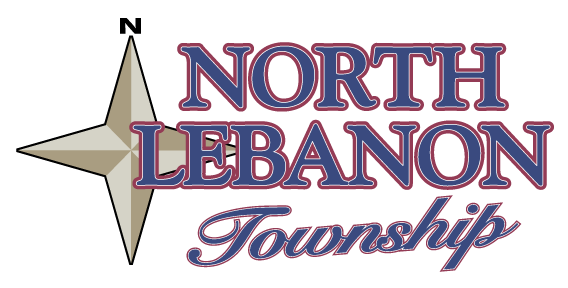GREASE
One of the worst problems in a sewer system is grease. Ultimately, it can cause wastewater to turn septic (rotten egg odor). Grease can also eat away at concrete and cause a variety of problems. The end result is higher maintenance fees that will affect ALL ratepayers. How can you help?
Here are the Golden Rules of Grease:
· Pour grease into cans or other receptacles and dispose of in the trash. NEVER pour grease down sinks or toilets
· Scrape grease and food scraps into the trash
· Use basket strainers in sinks to catch food scraps. Empty strainers in trash
· Using some de-greasing products may simply pass the grease down the line, where it reforms and causes problems elsewhere
· Remember that home garbage disposals DO NOT protect your plumbing system or the Authority’s system from grease
MAINTENANCE TIPS
No matter what system you use, an on-lot system or the public sewer, please do your part to keep the system running smoothly. Beware of anything that says it is “flushable”; it probably is not something you want to put into the system. Proper maintenance can save money and headaches for everyone! If you have any specific questions, information is available at the Township office.
Did you know that everything that you put into the sewer eventually ends up in a receiving stream? In Pennsylvania the discharge ultimately ends up in one of the following bodies of water: Lake Erie, Ohio River, Susquehanna River (which empties into the Chesapeake Bay), Delaware River, or Potomac River (also empties into the Chesapeake Bay). This is why it is so important to be careful of what you discharge into the sewer system. Responsible use creates a healthier aquatic environment.
WHAT CAN YOU DO? Plenty: Here are some tips.
1. Don’t wash out insecticides or household cleaners and flush down the drain. Pesticides may contain Diazinon, which can create aquatic toxicity.
2. Use phosphate free detergents.
3. Use environment friendly cleaning products that are less harsh.
4. Don’t put oils and greases down your sink.
5. Automotive oil, antifreeze, and radiator fluid shouldn’t go into the sewer system.
6. Mercury from thermometers is also a danger.
7. Eliminate silver from photo processing chemicals from going into the system.
Want more info? Do a search for “industrial pretreatment program” and check out the public education materials. It’s not just big industry! Care of the environment starts at home.
BACKUP
In the event of a sewer backup, please contact the North Lebanon Township Municipal Authority. They can be reached by calling the Township building. Someone from the department will check the problem. If the problem is the pipe connecting the home to the main sewer in the street, that is generally the responsibility of the homeowner. Authority officials suggest homeowners check their insurance policies to see whether they have coverage for sewer backups. In many cases, such coverage is not part of the normal policy but can be obtained from the company handling the homeowner’s insurance.
WIPES MANUFACTURER CEASES FLUSHABILITY CLAIMS
You’ve seen it before and you’ll see it again: Clogs in sewer lines caused by those not-so-flushable wipes. It’s no secret that flushable wipes are a huge headached for municipalities. Now one company – under an agreement with the Federal Trade Commission – has agreed to stop advertising moist toilet tissue as “flushable”. Will regulating the marketing claims made by producers be enough to curtail the problem? mswmag.com/featured
VENT CAPS
Vent caps are typically a dome-shaped part of your sewer lateral located near your home. This cap allows the necessary ventilation into the lateral. Vent caps should NOT be buried in your yard. If they remain buried when the wastewater collection lines are flushed, you could risk getting sewer in your home.
LINE FLUSHING
Line flushing maintenance generally starts in the spring or summer and continues into the fall season. Please use caution in the area that the crew is working. Slow down when driving and please be courteous to the employees. They are doing this to benefit everyone! Many residents do have easements on their properties and these will be used to maintain the system. Please keep your easements accessible to the crew.
PA-ONE CALL
If you are going to dig, call 811 first. You may think that you know where everything is located, however that may not be the case. There is no charge for this call and the number can be called 24 hours a day.
MANHOLES
If a manhole is located on your property, please do not cover it with anything. It must be kept accessible at all times. We appreciate your cooperation in this matter.
WATER EXTENSION
Water bills will be sent out quarterly to every residence in the project area. If you have any questions about your water bill, you can contact the water billing office at 675-2181. The township does not do this billing and we do not have any information in regards to your bill.
